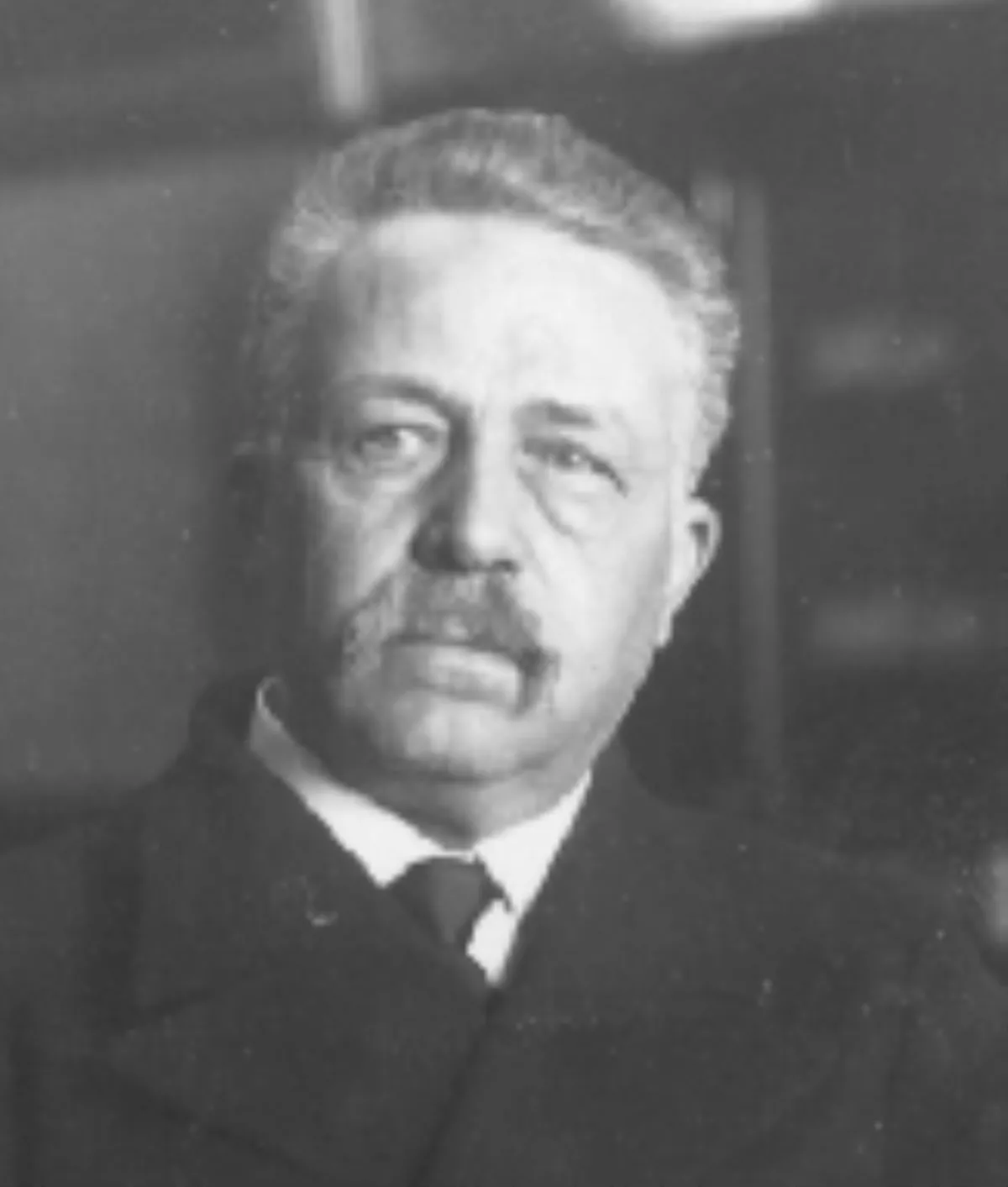 1.
1. Gaetano Mosca is credited with developing the elite theory and the doctrine of the political class and is one of the three members constituting the Italian school of elitism together with Vilfredo Pareto and Robert Michels.

 1.
1. Gaetano Mosca is credited with developing the elite theory and the doctrine of the political class and is one of the three members constituting the Italian school of elitism together with Vilfredo Pareto and Robert Michels.
Gaetano Mosca would hold this position until 1924, when he settled permanently in Rome to occupy the chair of public law at the University of Rome.
Gaetano Mosca was skeptical towards democracy, and placed his lifelong liberalism in direct opposition to mass democracy.
In 1909 Gaetano Mosca was elected to the Chamber of Deputies of Italy, in which he served until 1919.
In 1919, Gaetano Mosca was nominated life senator of the Kingdom of Italy.
On numerous occasions, the elderly Gaetano Mosca took to the floor to speak against bills endorsed by Benito Mussolini which intended to curtail political rights and parliamentary institutions.
Gaetano Mosca explained his opposition to these bills not only by referring to his own faith in political liberties as values worth preserving, but by appealing to the "development and progress" that accompanied those nations where political liberties had been safeguarded through representative institutions.
Gaetano Mosca is most famous for his works of political theory.
Gaetano Mosca's enduring contribution to political science is the observation that all but the most primitive societies are ruled in fact, if not in theory, by a numerical minority.
Unlike Mills and later sociologists, Gaetano Mosca aimed at developing a universal theory of political society.
Gaetano Mosca defined modern elites in term of their superior organisational skills.
Nevertheless, Gaetano Mosca's theory was more liberal than the elitist theory of Pareto, for example.
Gaetano Mosca adhered to the concept of the circulation of elites, a dialectical theory of constant competition among elites, with different elite groups alternating with each other repeatedly over time.
Unlike Marx, Gaetano Mosca has not a narrow concept of historical time, but a circular one, as in classical political theory, which consists in a perpetual condition of conflict and recycling of the elite.